People Who Struggle To Find Time To Shower As They Get Older Usually Have These 11 Reasons
Personal hygiene can often feel like more work than it's worth.
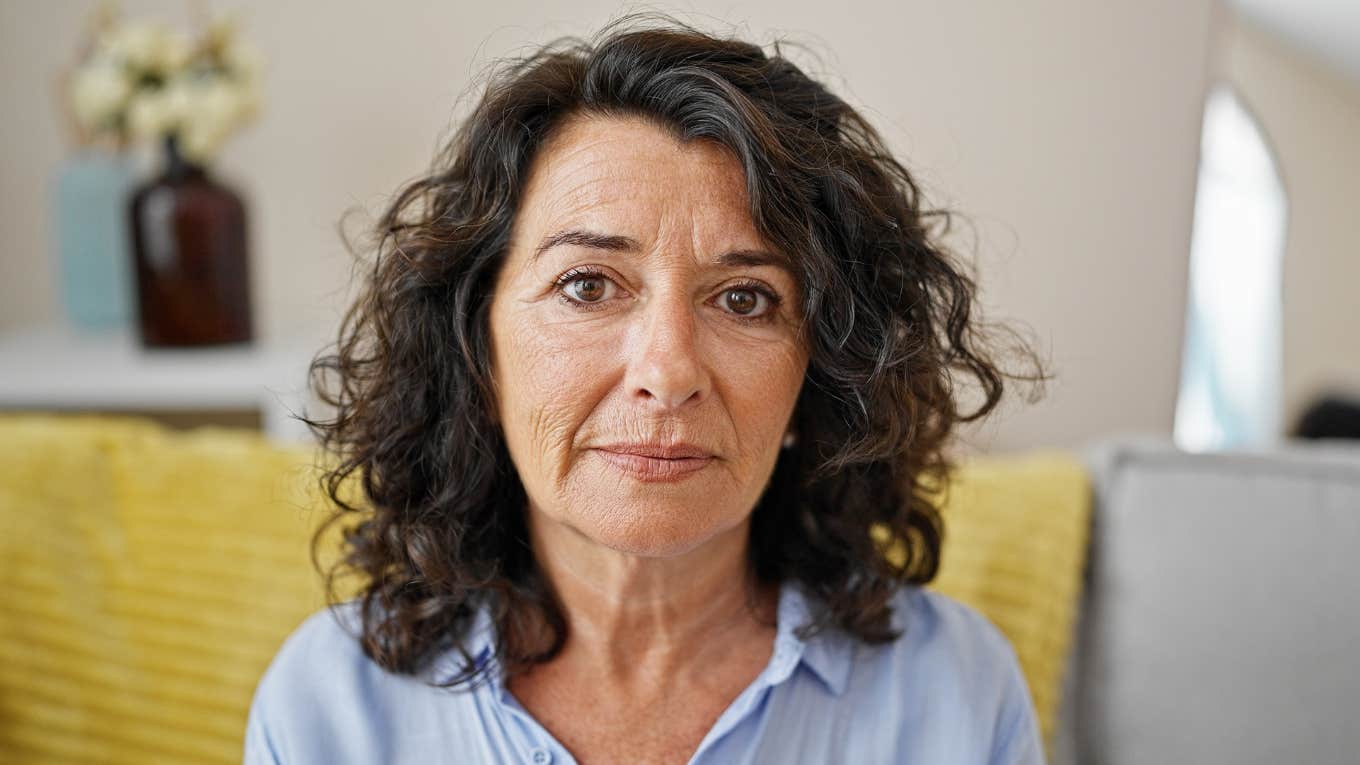 Krakenimages.com | Shutterstock
Krakenimages.com | Shutterstock With age comes a number of exciting and new things — a sleuth of wisdom, experience, relationships, social interactions, and joy. But there are also some changing dynamics that can alter the personal lives and routines of people as they get older. For example, it's common for personal hygiene routines to change, solitude versus social life preferences to shift, and relationships to drift apart with time.
Even when it comes to personal hygiene and self-care, things change. There are very specific reasons people who struggle to find time to shower as they get older usually have that are unique. But, of course, change comes with any kind of age, whether you're in your late 20s or early 80s.
Here are 11 reasons people who struggle to find time to shower as they get older usually have
1. They have mobility issues
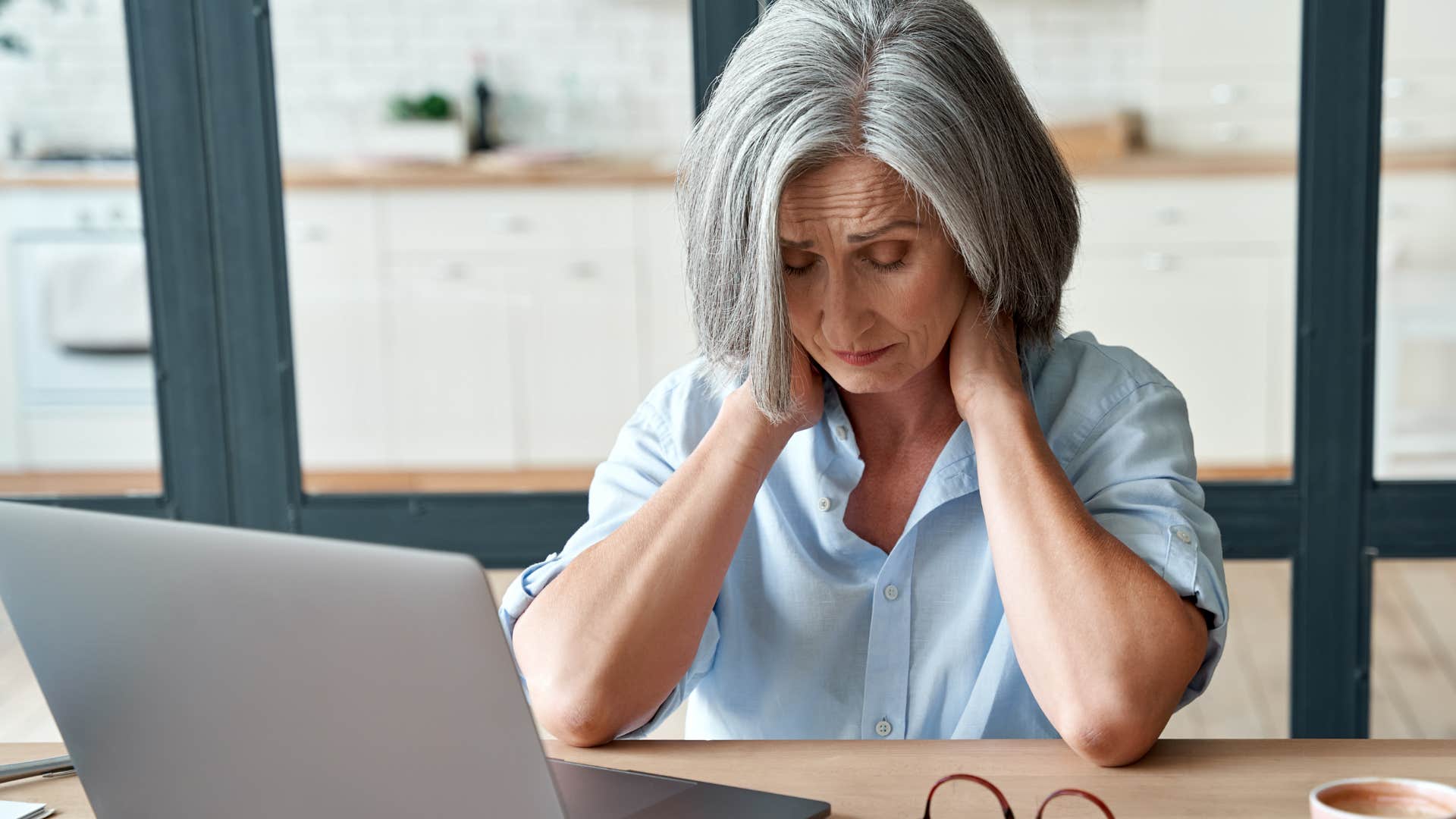 Ground Picture | Shutterstock
Ground Picture | Shutterstock
According to the National Institute of Aging, maintaining physical mobility is typically the driving force behind individuals' ability to live independently as they get older. It's not only fundamental to daily tasks like personal hygiene, it's often intertwined in a person's identity — through autonomy and independence — and their quality of life.
It's possible that people who struggle to find time to shower as they get older have certain issues with their mobility that make it a challenge. It could be a fear of falling in a slippery shower or being unable to do things like washing their hair with their arms above their heads.
While our society tends to pressure people into a shame-driven mindset about aging as they get older, especially when it comes to cognitive and physical decline, it's completely natural and normal to have to shift daily routines to accommodate your changing needs later in life. It's something everyone either has dealt with before or will deal with at some point in their lives, so there's no point avoiding the shower — just find something that works best for you.
2. They're depressed
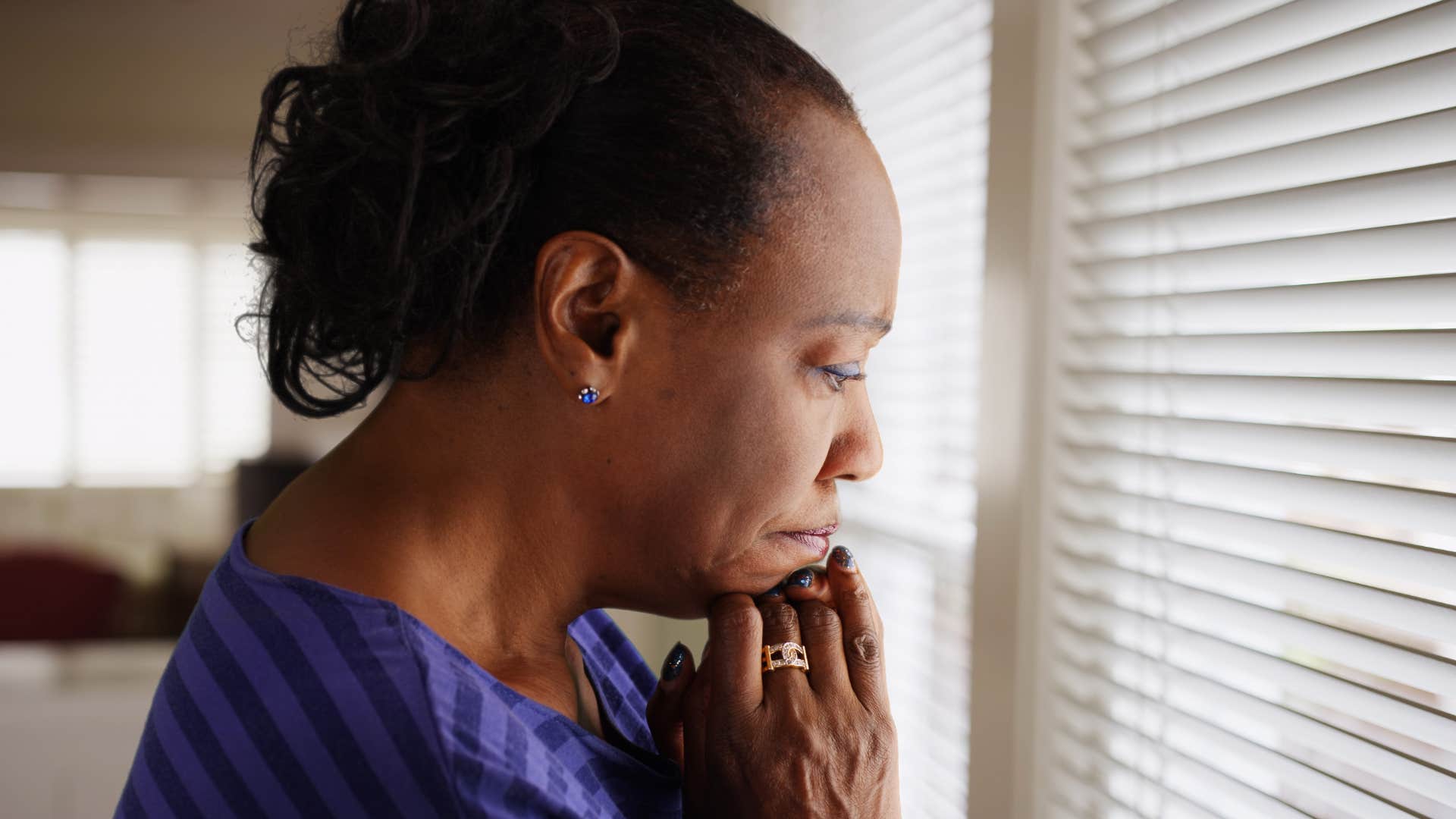 Rocketclips, Inc | Shutterstock
Rocketclips, Inc | Shutterstock
As a result of heightened social isolation and societal stigmas around aging, many people tend to develop depressive symptoms as they get older. From sleep problems, to mood changes, and even shifts with personal hygiene, people with depression may find it difficult to manage the sleuth of side effects in conjunction with their personal and physical changes.
Of course, mobility and physical changes are one thing, considering people struggling with depression may face a mental barrier to taking care of their personal hygiene, putting off showering, brushing their teeth, or even getting out of bed on a hard day.
3. They're too embarrassed to ask for help
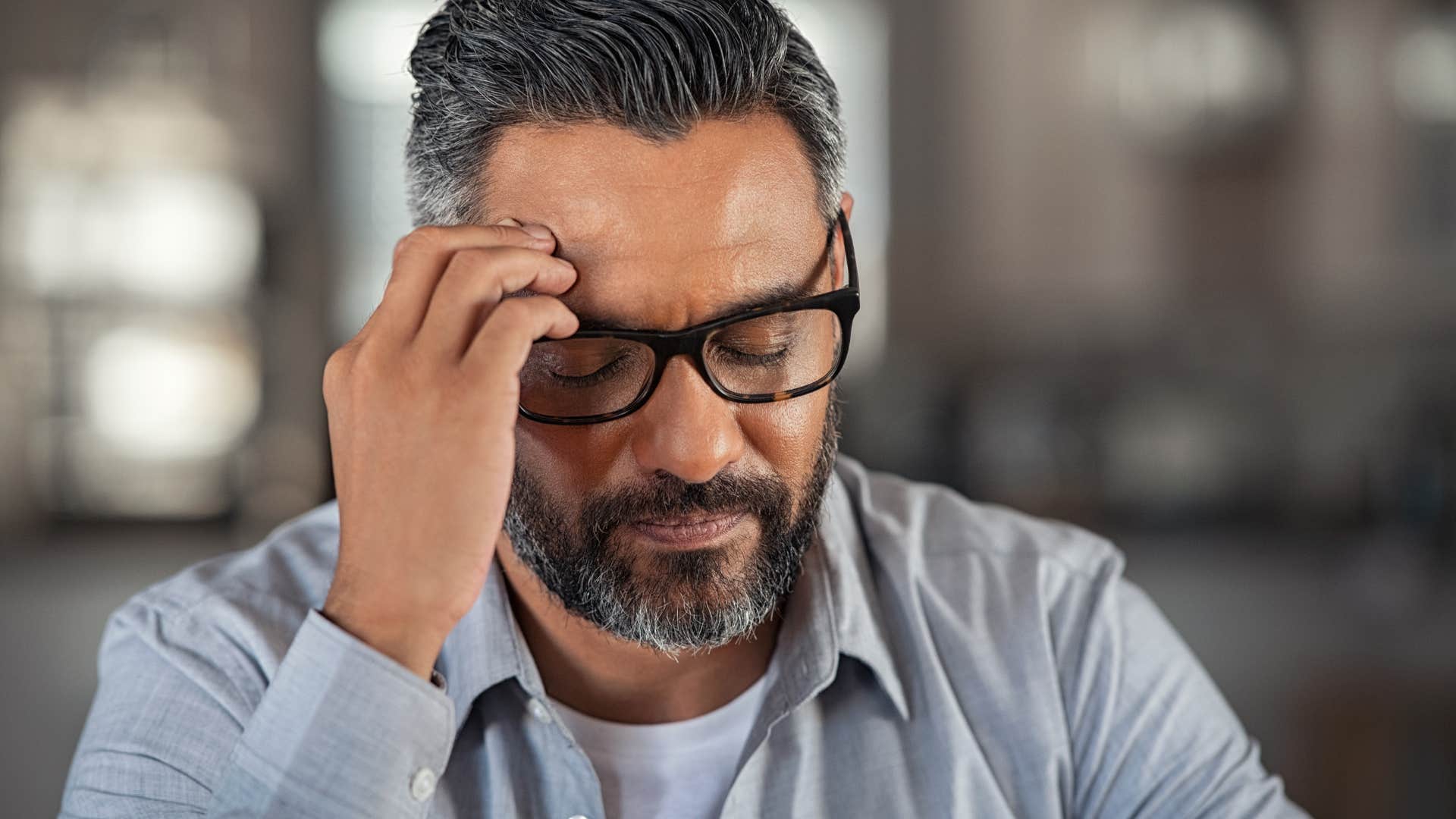 Ground Picture | Shutterstock
Ground Picture | Shutterstock
People who struggle to find time to shower as they get older may struggle with time management or mental blocks, but it's also possible they're grappling with shame over asking for help. Oftentimes, coping with mobility shifts and the physical changes associated with aging requires support, even for seemingly simple tasks like brushing your hair or bathing.
Bret Lyon and Sheila Rubin, the founders of the Center for Healing Shame, argue that internalized shame tends to affect many people as they get older, but a shift in their mindset about asking for help or maintaining a positive attitude is key.
"While we certainly suffer many painful losses as we age, we can also gain many notable gifts," they explain. "To age with dignity, we need to come to accept our past, present, and future," and sometimes, that means asking for help, even when we're battling discomfort or embarrassment.
4. They have poor time management skills
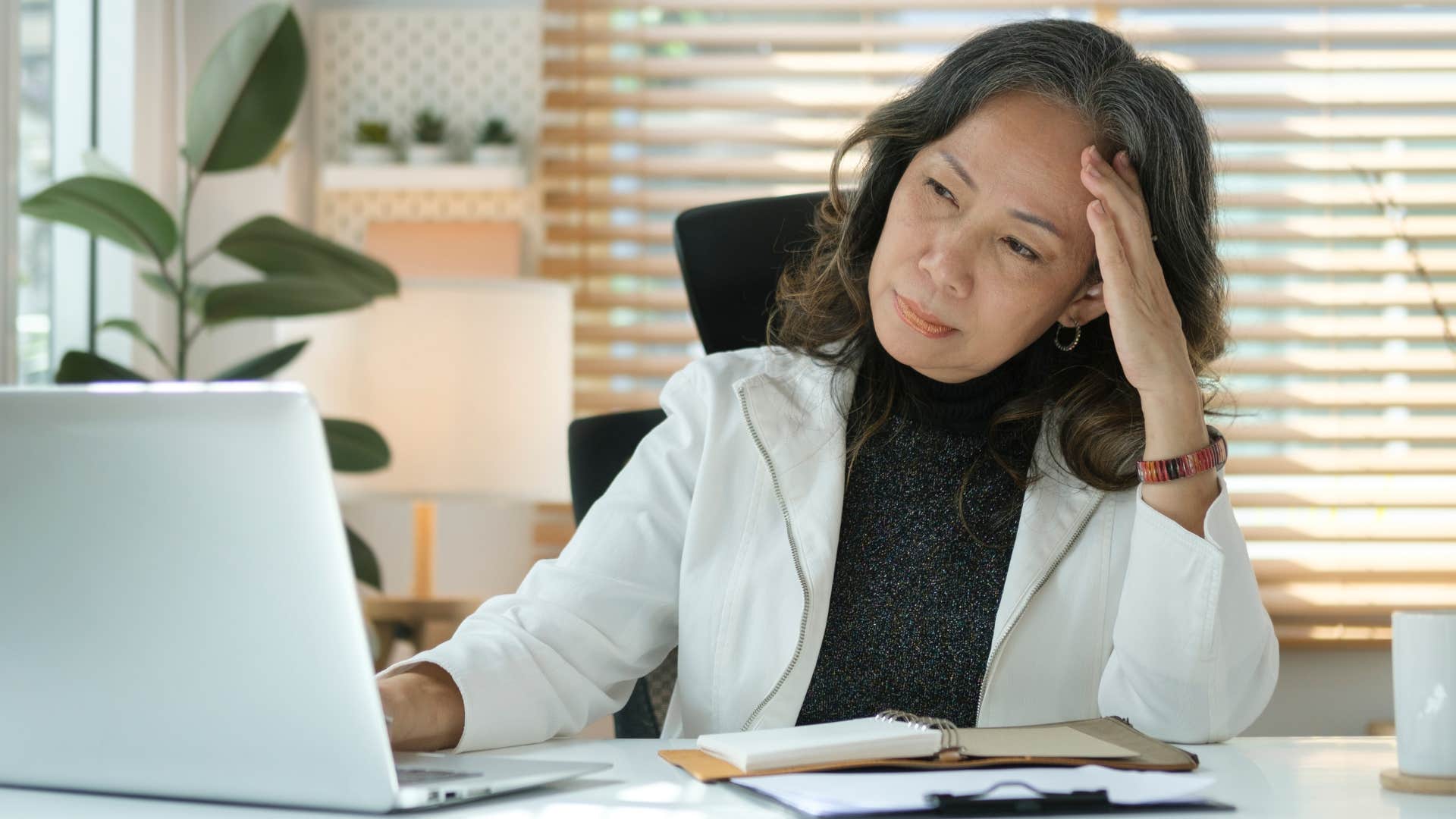 Images Products | Shutterstock
Images Products | Shutterstock
Especially if they're still managing family responsibilities or work, making the time to shower — especially as it takes more energy, effort, and time later in life — poor time management can be one of the reasons people struggle to find time for personal hygiene as they get older.
It may simply take too long, particularly if they're already busy during the day and battling the consequences of burnout from all of their other obligations. Coming home to shower is the last thing many people want to do.
5. They have difficulty with accessibility
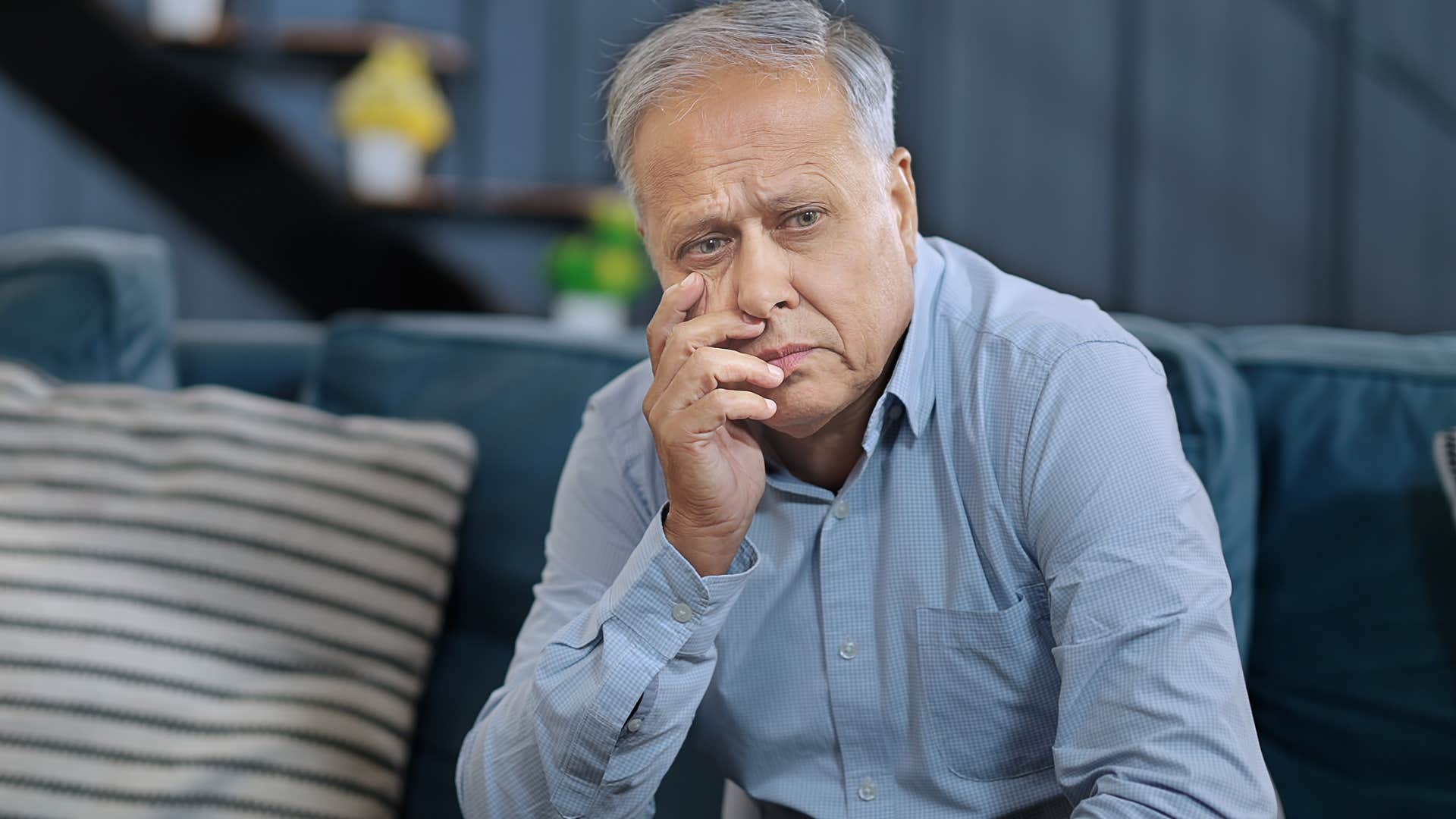 Raushan_films | Shutterstock
Raushan_films | Shutterstock
Whether it's financial inaccessibility — like not being able to make bathroom modifications, home improvements, or renovations that make showering easier — or physical challenges like having a bathroom in an inaccessible part of the home, as people get older they may find it difficult to find time to shower.
Of course, not everyone loses mobility or experiences limiting physical changes as they get older, but for people who do, even everyday tasks like this can feel like an all-consuming challenge. Not only does it take a lot longer, it often requires a great deal of energy to complete, leaving people feeling exhausted and burnt out in other aspects of their lives.
It's overlooked, in general, but it's something that can contribute to the feelings of loneliness and social isolation aging individuals experience. They're forced to exert much more energy doing the basic tasks and personal hygiene habits it takes to leave their homes, so they spend more time inside than others.
6. They're caregivers
 Dusan Petkovic | Shutterstock
Dusan Petkovic | Shutterstock
Considering certain generations like Gen Xers have been labeled the "sandwich generation" — forced to simultaneously become caretakers for their older parents and children — it's not surprising that they're struggling to find time for self-care and basic hygiene habits like showering.
They've gotten into the habit of putting everyone else's needs above their own, so things like showering, putting on a nice outfit, or even engaging in stereotypically self-care rituals like a bubble bath or face mask seem far down on the list of their priorities. Showering becomes a luxury when you're so focused on giving and caring for others rather than looking out for yourself.
Even new parents may struggle to find time to shower as they get older, burdened with taking care of all their children's needs and habits. They know they're going to get sweaty, dirty, or gross within 30 minutes of bathing, so why make the effort?
7. They're burnt out and exhausted
 Green Elk | Shutterstock
Green Elk | Shutterstock
People with a lot on their plate may struggle to find time for personal hygiene. Whether it's a constant stream of emails and calls interrupting their morning and nighttime routine, mental blocks like anxiety or chronic stress keeping them from doing anything other than resting, or depressive symptoms that make getting to the bathroom that much harder, it's not uncommon for burnt out individuals to avoid showering to cope with stress.
Like psychologist and psychiatric mental health nurse practitioner Timothy J. Legg explains, there's a lot of shame around hygiene, affecting the mental stigmas around struggles like depression that make it harder for people to do things like shower and inflicting embarrassment and isolation on people who struggle to make time for it.
It can be incredibly hard to grapple with the embarrassment of struggling with personal hygiene, but equally difficult to spark a new routine — amid the chaos of life and chronic stress of an overbearing routine — where personal hygiene becomes a priority, rather than an afterthought.
8. They're not trying to impress anyone
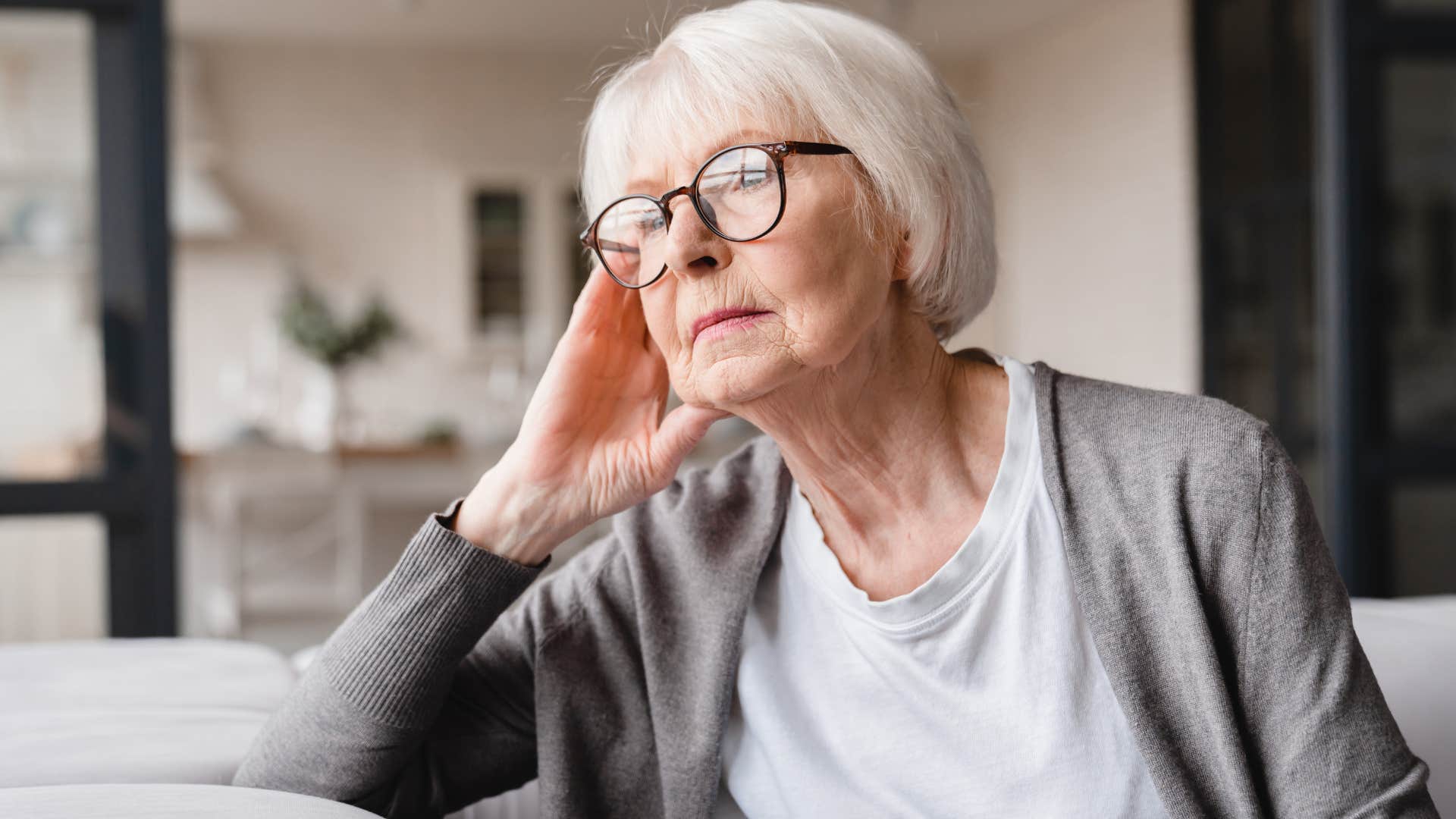 Inside Creative House | Shutterstock
Inside Creative House | Shutterstock
As you get older and stop caring about "fitting in" or appeasing other people, especially if you're already socially isolated or living alone, it may feel easier to stop making time for things like a regular shower or getting ready for the day.
Of course, the key to maintaining great habits and routines, even as you age, is to do things for yourself. Even if there's nobody around to see your outfit or smell you, there's still profound benefits to engaging in self-care and personal hygiene habits for the sake of your own well-being.
Not only does it spark confidence and productivity to look and feel good during the day — even if nobody else is around to see you — it's key in breaking free from the cycle of external validation that leaves everyone with lowered self-esteem and shame.
9. They suffer from a chronic condition
 simona pilolla 2 | Shutterstock
simona pilolla 2 | Shutterstock
For people who deal with chronic conditions like lupus, showering isn't just a daily task, but a hygiene ritual that's more painful than it's worth. For example, a person dealing with lupus experiences showers much differently than the average person. The water feels like "pins and needles," finding the right water temperature can feel impossible, and the chemicals in soaps and shampoos can spark more discomfort than it's worth to smell better.
People who struggle to find time to shower as they get older aren't simply putting off the task out of "laziness," although some people are surely enraged by the thought of spending more than an hour getting ready. They're grappling with a number of other financial, social, and physical challenges that make personal hygiene a burden.
10. They're overstimulated
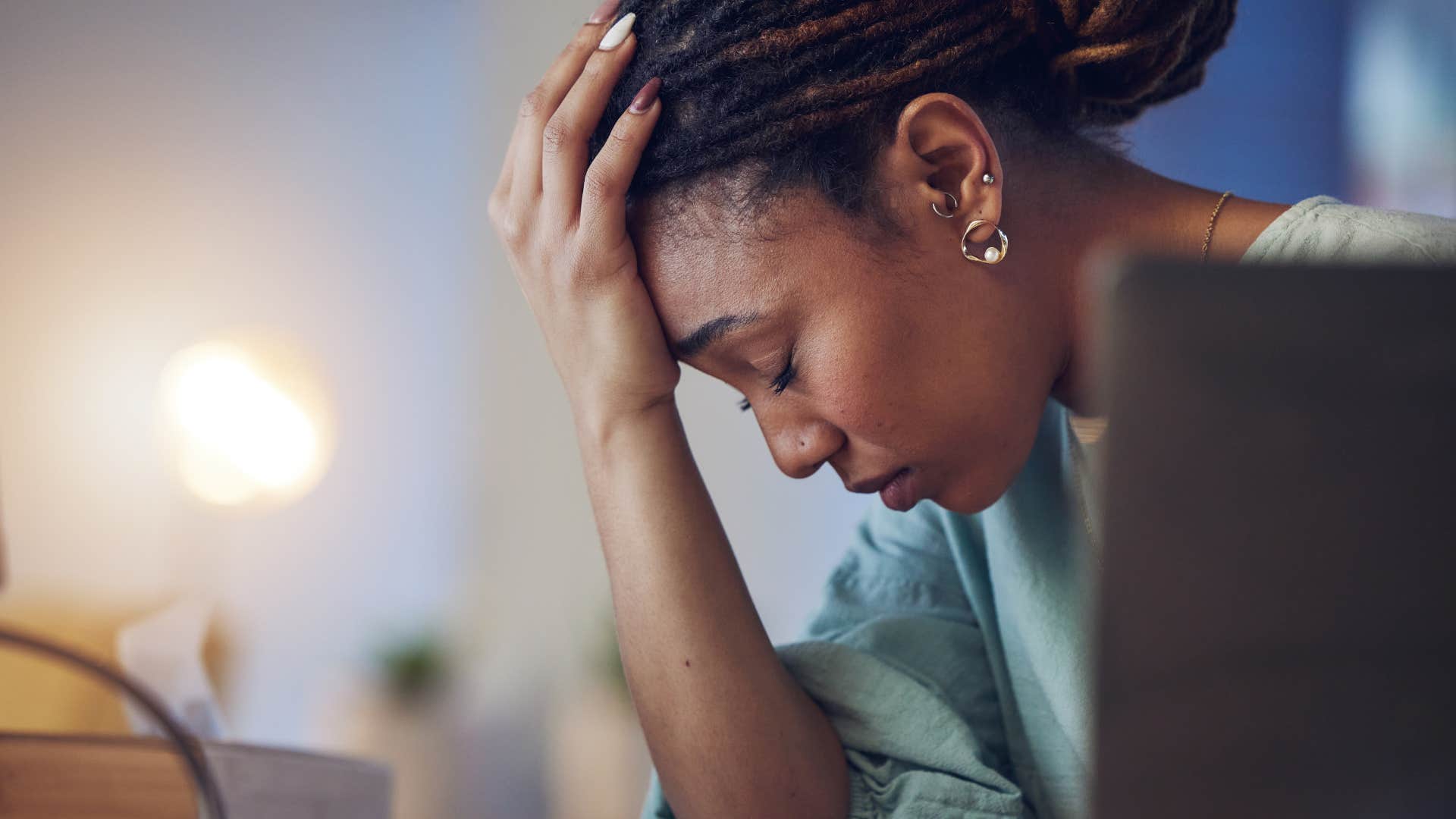 PeopleImages.com - Yuri A | Shutterstock
PeopleImages.com - Yuri A | Shutterstock
It's overlooked by many people who don't experience emotional turmoil or mental illness, but there's something to be said about the emotional labor of showering, in addition to the physical burden. Simply spending 10 minutes by yourself, alone with your thoughts in the shower can feel anxiety-inducing for the people struggling with depression, anxiety, or other emotional struggles.
They're overstimulated — not just by the shower, water, and the often-demanding physical routine that comes after they get out, but by their inner monologue and constant stream of thoughts. For many people, the reason they struggle to find time to shower is because it feels like sensory overload and they'd prefer to push it off and avoid it for as long as humanly possible.
11. Their post-shower routine is too demanding
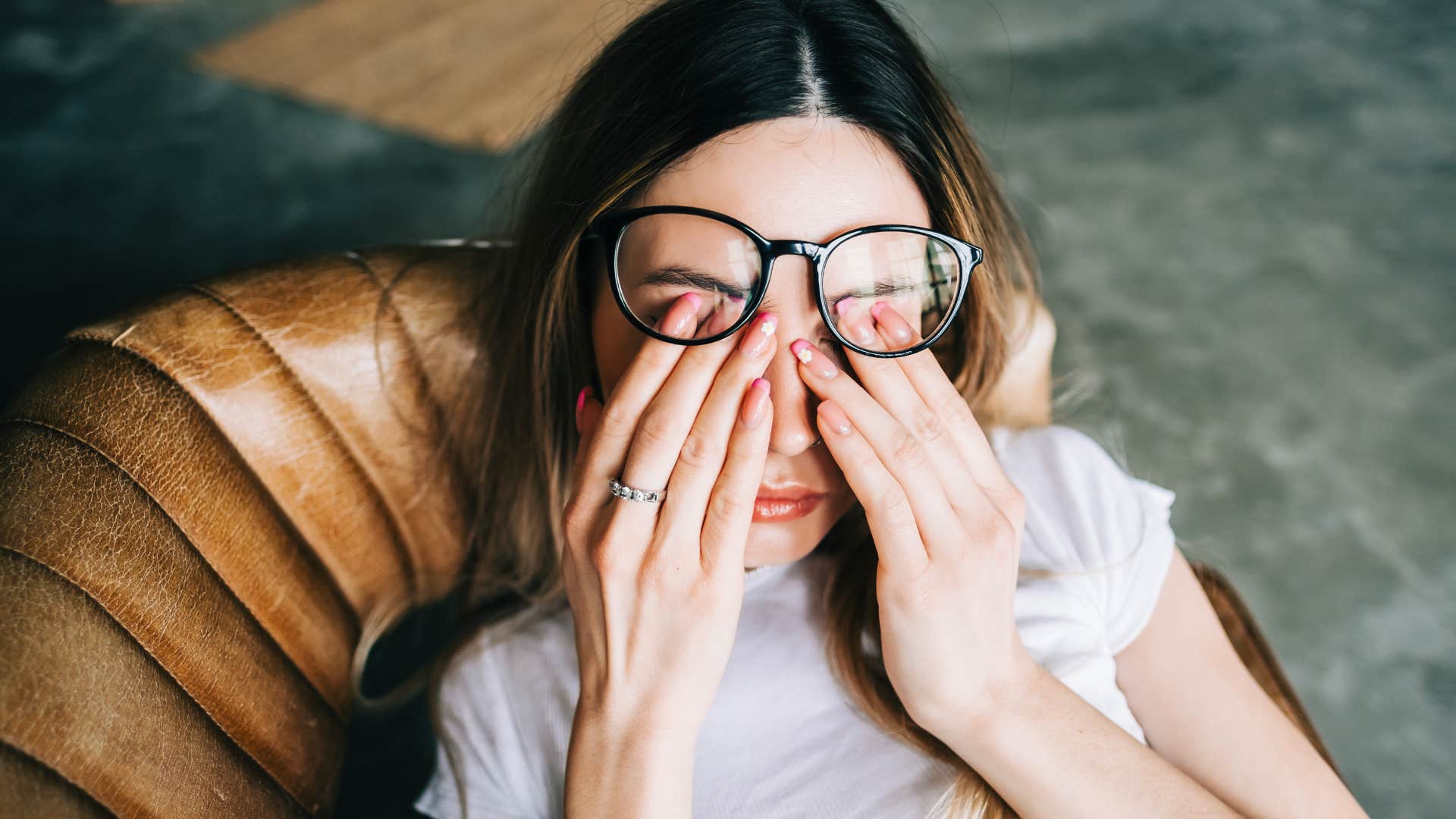 nikkimeel | Shutterstock
nikkimeel | Shutterstock
Many of us know the struggle of the post-shower routine. Once you commit to actually getting in the shower, washing your hair, and doing all the hygiene rituals, you're nowhere close to being done, especially if you're getting ready to leave the house in the morning. It can feel overwhelming.
You're forced to blowdry your hair, maybe you have a makeup and skincare routine, getting dressed, and putting on lotion — it seems like there are a million extra responsibilities and obligations that come with showering that take a lot of energy, effort, and time to achieve. If someone is struggling with time management, burnt out from their daily life, or struggling to care for their kids or aging parents, it can sometimes feel like too much of a commitment to do on a regular basis.
Zayda Slabbekoorn is a staff writer with a bachelor's degree in social relations & policy and gender studies who focuses on psychology, relationships, self-help, and human interest stories.

